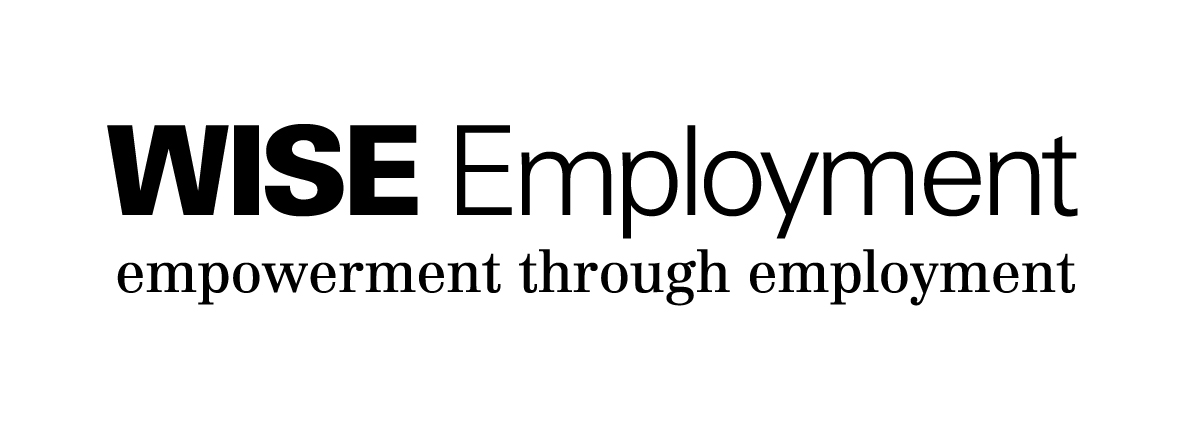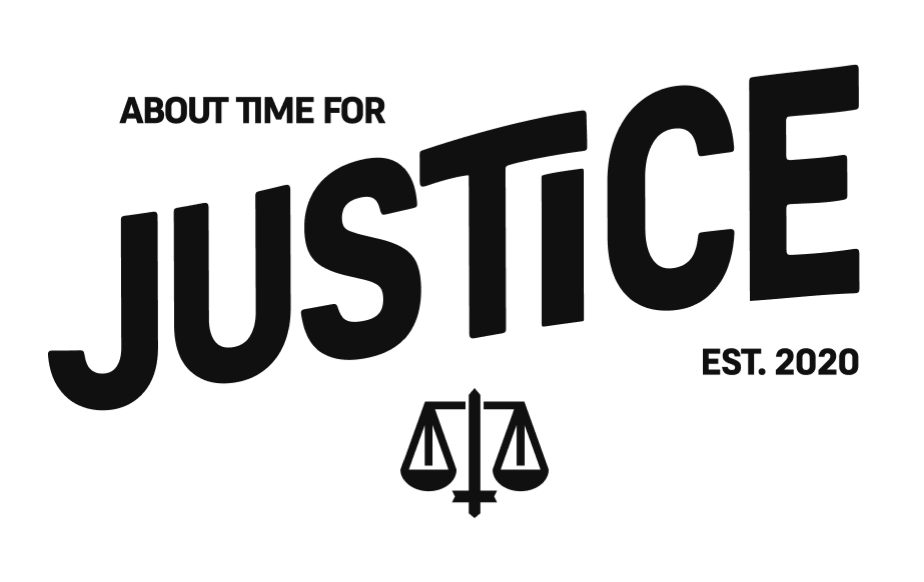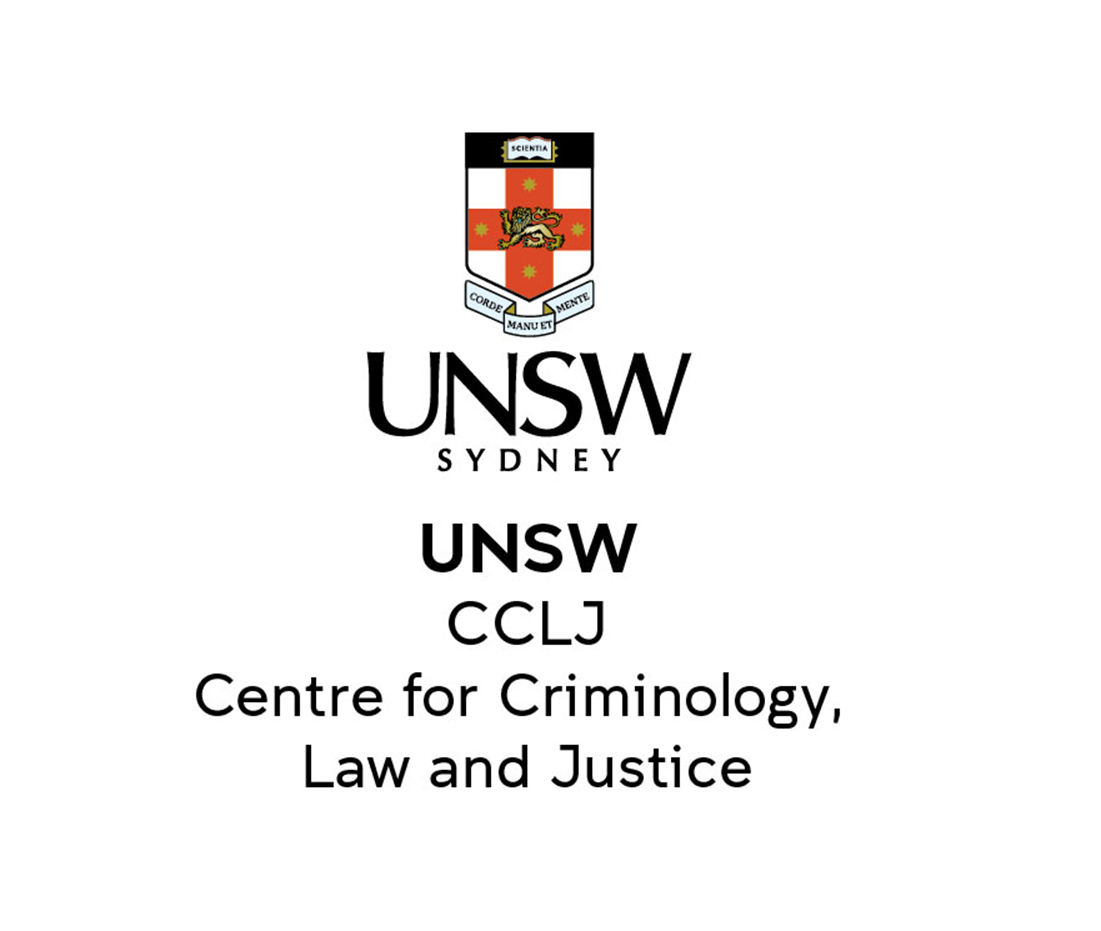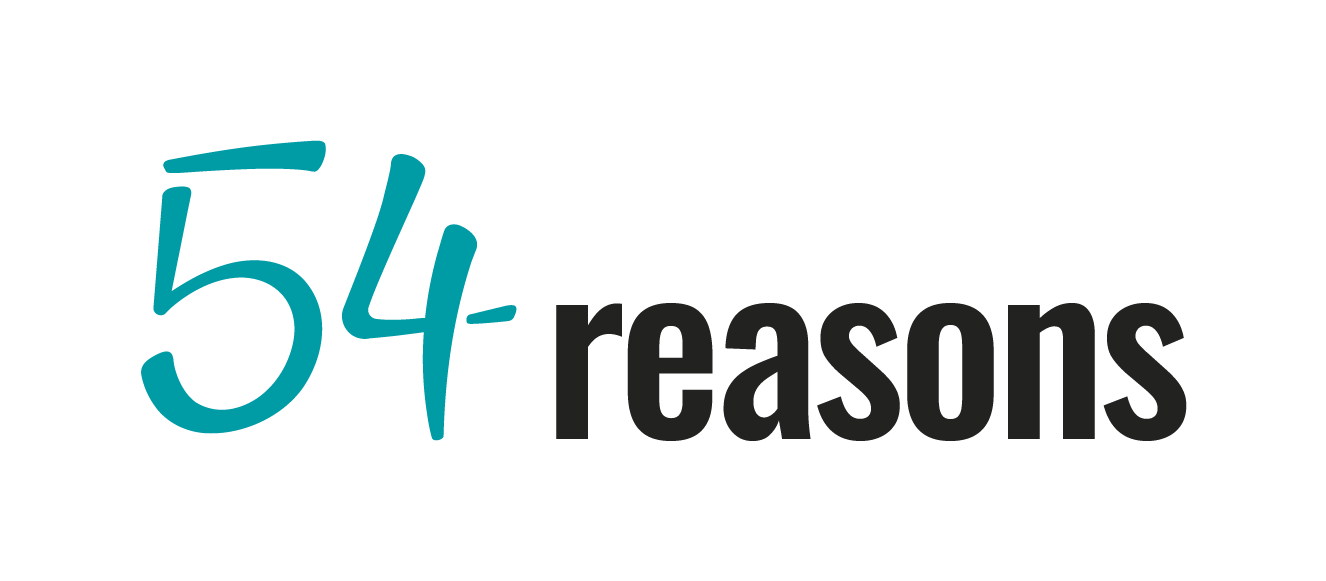Like a modern-day soviet iron curtain, prison authorities routinely and deliberately deny imprisoned people from access to information otherwise available to citizens. The routine and deliberate conduct by authorities to deny information increases incompetence and impropriety by prison staff, decreases staff accountability, and reduces the efficacy of rehabilitation and reintegration processes.
For example, access to information about prison processes is scant. Information provided is often incorrect and inconsistent, depending on which officer a prisoner asks. For example, a lack of understanding of the case management processes results in indifference and a lack of participation by imprisoned people. Ultimately, imprisoned people are seen as slaves for prison industries, unable to make decisions for themselves.
Access to rules, regulations and legal information is all but impossible. This results in regular abuse of process by prison staff who often make arbitrary rules to suit themselves. Staff bullying is rife. Imprisoned people become pawns and scapegoats as prison management abuse administrative powers, without accountability, to maintain ‘good order and security’ within prisons.
Imprisoned people are denied access to their own personal records which prison authorities use to make life-changing decisions about such individuals. Records such as clinical reports and case notes are relied upon in decisions on sentence plans, parole applications, and community supervision levels. If these records are faulty, such decisions are open to faults with significant negative impacts for an imprisoned person.
My discussion draws from official documents to show the impacts of the iron curtain denying critical information from imprisoned people.
Presenters
My name is Daniel Vansetten. I was incarcerated from 2010 to 2022, from age 34 to 46. Prior to my incarceration I had worked as a team leader for a communications company where my role involved providing IT support to internet customers. That employment gave me a sound understanding of the necessary elements required for people to improve and develop new skills, not just for work but for all life.
After suffering a catastrophic mental health decline, I committed serious offences resulting in incarceration. I had high hopes of using my prison sentence for personal development, to learn, to reform, to ensure I re-entered the community with all the skills and tools to succeed as a positively contributing member of society. I soon realised, however, that goal was inconsistent with the goals of the prison authorities. My efforts to learn were despised by authorities, who attempted to thwart such action. My persistence was met with ongoing intimidation, bullying, threats and eventually positive abuse in an attempt to undermine my credibility as a reformed ex-offender.
The sustained abuse from prison authorities only succeeded in directing my study towards law. I spent my last four years in prison learning law and teaching my peers their rights as people in prison. I am now enrolled for a Bachelor of Laws at university, having completed almost two years of study, achieving no less than a distinction in my grades. I have remained a strong advocate against abuse of power and for prison reform.











